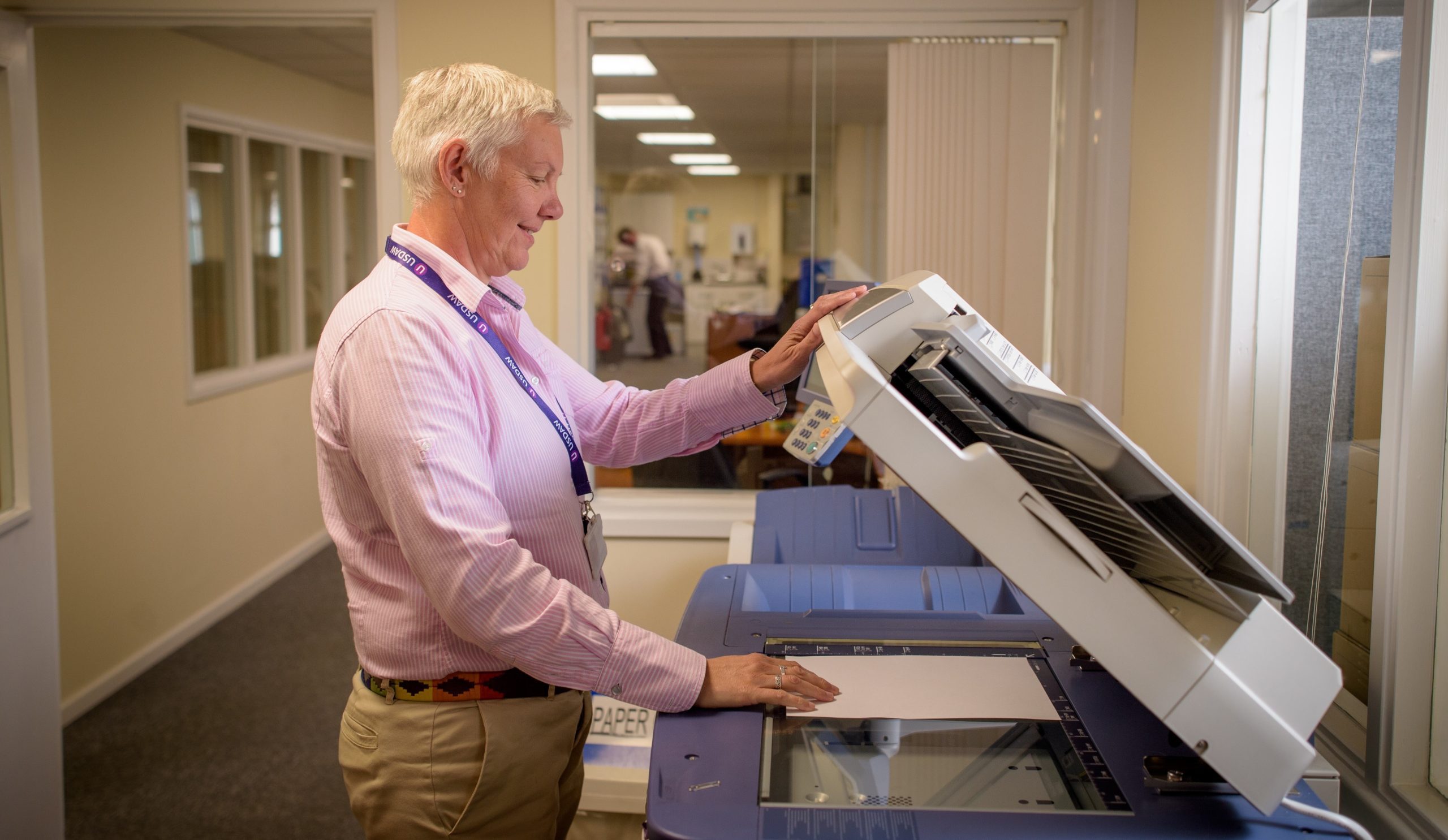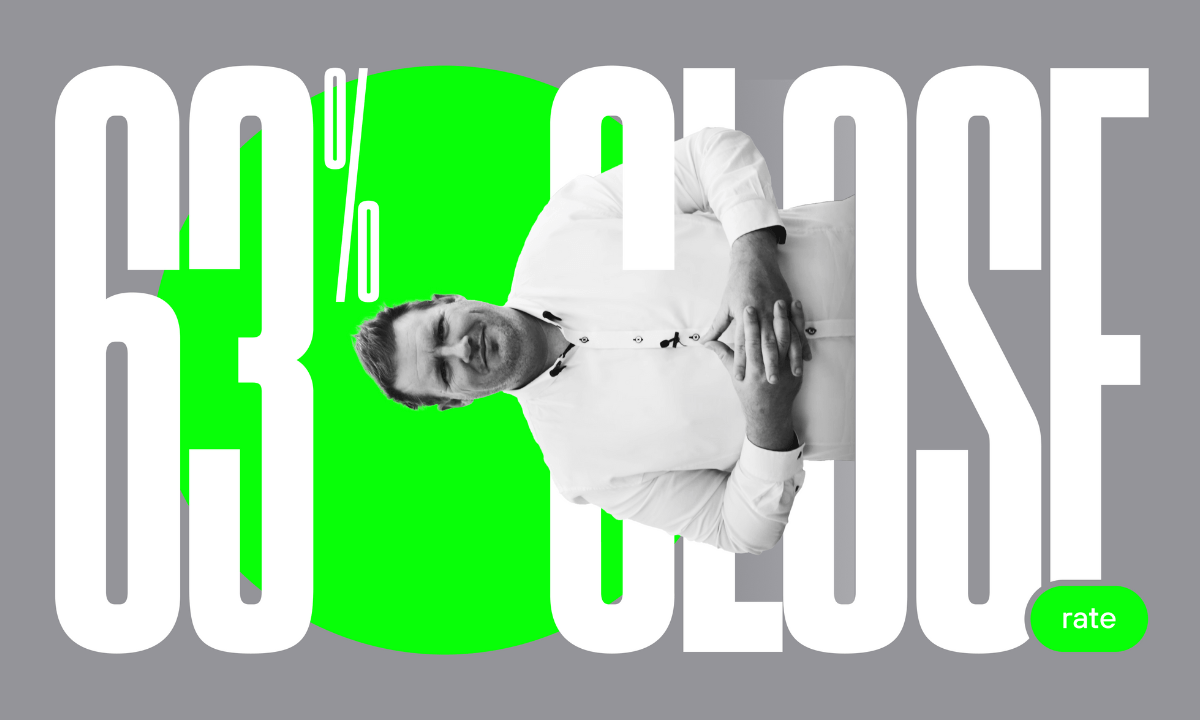
Try and you might succeed.
Frankly, this age-old adage doesn’t inspire much confidence. More so, it’s not good enough when making a sale.
When you say, “I will try” to a prospective client – or even an existing one – you might as well just go right out and say, “I’m most likely going to fail and disappoint you”.
“I will try” automatically brings to mind all those times people have disappointed us and compensated by saying, “I tried”. It is giving yourself breathing space to fall short of your goals.
‘Try’ leaves people in the dark. It’s a word that lacks transparency and accountability. When someone says “try”, it is like an all-encompassing disclaimer that you’ll put in some effort, but what that effort is exactly, no one knows.
When we say “try”, we are avoiding the details, omitting the plan, and are even being condescending to our prospects.
It’s like ending a sentence with “or something”. It completely discredits and removes confidence from anything said before that.
But your clients deserve to know how their money is being spent, and they also deserve to have the methodology explained to them in plain language.

The only place where you should hear the word ‘try’. Credit: Thomas Serer on Unsplash.
How to Succeed in Making a Sale
So, what should you do if you want to succeed in making a sale? Engage above-the-line communications.
Drop the word ‘try’.
Instead of, “I will try to meet you on Thursday”, simply say, “I will meet you on Thursday”.
And if you want to take it a step further, do this:
Instead of using ‘try’, use ‘because’.
In 2012, social psychologist and Harvard professor, Ellen Langer, conducted a study about how the phrasing of requests resulted in different outcomes when it came to letting people cut in line.
The study involved a line for a photocopier with a simple question re-phrased three times:
- “Excuse me, I have five pages. May I use the Xerox machine?”
- “Excuse me, I have five pages. May I use the Xerox machine because I have to make some copies?”
- “Excuse me, I have five pages. May I use the Xerox machine because I’m in a rush?”
The first question garnered a 60% success rate. Meanwhile, the second and third questions earned 93% and 94% success rates respectively.
The lesson? A more powerful way of saying “I will try to [insert result] by [insert action]” is to say, “I will [insert action] because it will [insert result]”.

And just like that, Barb got to the front of the line. Credit: Centre for Ageing Better on Unsplash.
It Should Come Easy
Even if you are dealing with technical and complex systems, the word ‘because” should come easy if it’s a worthwhile pursuit for your clients.
Why should they invest in you?
- “Because it will save you money.”
- “Because you will avoid…”
- “Because it will fix … problem.”
- “Because it will increase…”
‘Because’ is the justification and motivation behind every action.
Use ‘because’, because it shows that you’re 100% focused on providing value to your clients.
Choosing words wisely and powerfully is the difference between a salesperson and a sales expert and how the latter gets ahead when it comes to making a sale.

Why drop try? Because. Credit: Linkedin Sales Solutions on Unsplash.
Experts at Making a Sale
At Hunt & Hawk, we specialise in creating the core of your professional communications, so you can extract value from it for years.
If you’re ready to hire a professional, reach out to us today.
Email hello@huntandhawk.com or book a meeting to chat.
For more marketing, branding, and sales tips and insights and plenty else, check out more of our blog.





